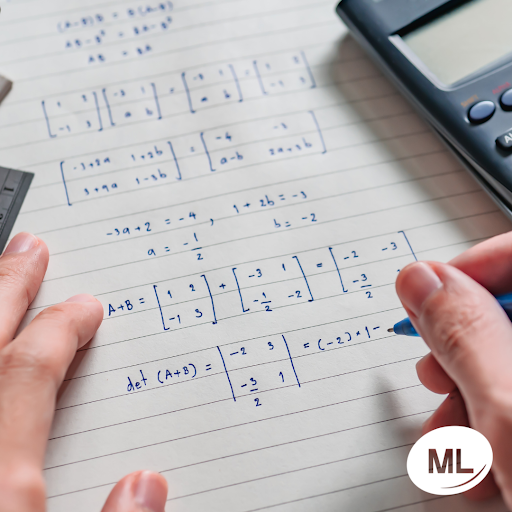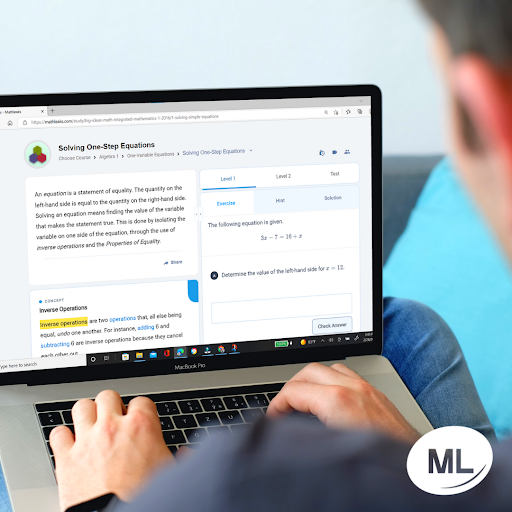Remember sitting in school wondering, “will I ever use this in the real world?” If you want to study math as an adult learner, you must have discovered that its use is not restricted to classrooms. Many careers not only prefer a solid math foundation but consider it an essential skill.
Medicine, nursing, engineering, science, software development, accounting are all obvious examples of where math sees practical applications. In many other areas, there is an element of budgeting or statistics and analytics that all build on math skills. Not to mention daily life, whether you are doing your finances or a DIY project that relies on measuring and building.
Studying math as an adult can feel intimidating but remember, we are constantly picking up new skills throughout our lives, and mathematics is no different. There are ways to make the math studying process more efficient as an adult. From creating an environment conducive to learning, to consistency and repetition, you can achieve proficiency.
Studying Math as an Adult
Say goodbye to math anxiety with our tips on how to study math as an adult.
Create an Ideal Learning Environment
Being an adult learner means that we have way more distractions and responsibilities than when we were younger. The first step to learning math as an adult is to set aside an environment that encourages you to learn.
Having a designated space for lessons and homework is crucial for maintaining focus. Fill your space with necessary tools like notebooks, pencils, calculators, and workbooks so that you won’t be scrambling. Instead, you can concentrate on the matter at hand!
An online learning platform like Mathleaks gives you access to material and complete lesson plans 24/7! Adult learners lead busy lives, so make your learning work for you with a system that is waiting for you when you need it.
Be Consistent With Your Time
Try setting a timer each time you sit down to focus on math, and don’t pick up your phone (reference: https://blog.innerdrive.co.uk/the-impact-of-mobile-phones-on-grades) or any other distractions until the timer is done. A key component of learning anything is dedicating time to it. It won’t happen overnight, so be sure to take a look at your calendar and create a routine with a consistent amount of time each day or week designated for math.
View Math as Another Language
Learning a new language takes time but has many benefits. The great thing about math is that it is consistent and isn’t subject to the same frequency of change as work-related skills. Create flashcards or notes as you would for learning a new language to help learn new math theories, equations, and processes. Repetition will be crucial to have it stick in your brain, so create useful study cards that you can go through over and over. They will also come in handy to reflect on whenever you find yourself needing some extra math homework help.
Repetition Helps You Study Math as an Adult Learner
If you think you know how to solve a math equation, great! Now do it again! Repeating the same math problem several times will help you better understand the equation’s process. That way, when a similar problem comes up later on in life, your subconscious won’t have to think twice.
Doing additional math worksheets will also help keep this skill of math solutions in your brain. Do a handful of related problems again once you feel you know the ins and outs of a lesson or specific math theory. It will become second nature, and your math confidence will soar.
Find and address your knowledge gaps
Having an understanding of what specifics you are struggling to learn is crucial in addressing the problem. One of the best ways to find out your knowledge gaps? A practice test! At the end of each lesson take a practice test and review how you did. Your score will be indicative of how well you understand the material.
With Mathleaks, you have access to online self tests at the end of each subchapter of a textbook or eCourse because being aware of areas for improvement is the foundation for proper studying and math success.
Adult learners don’t always have the same access to teachers or complete lesson plans that would address your knowledge gaps. Using a guided, online system can give you the confidence to know you are receiving a classroom experience that will pinpoint your strengths and weaknesses through its robust lessons, worksheets, and practice tests.






